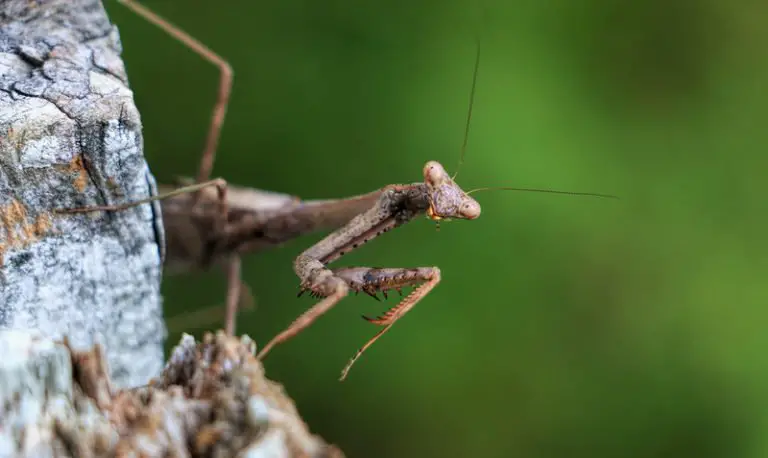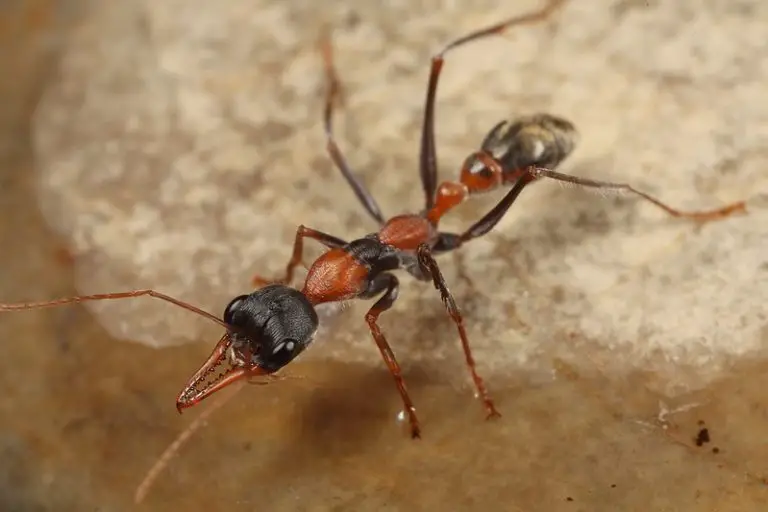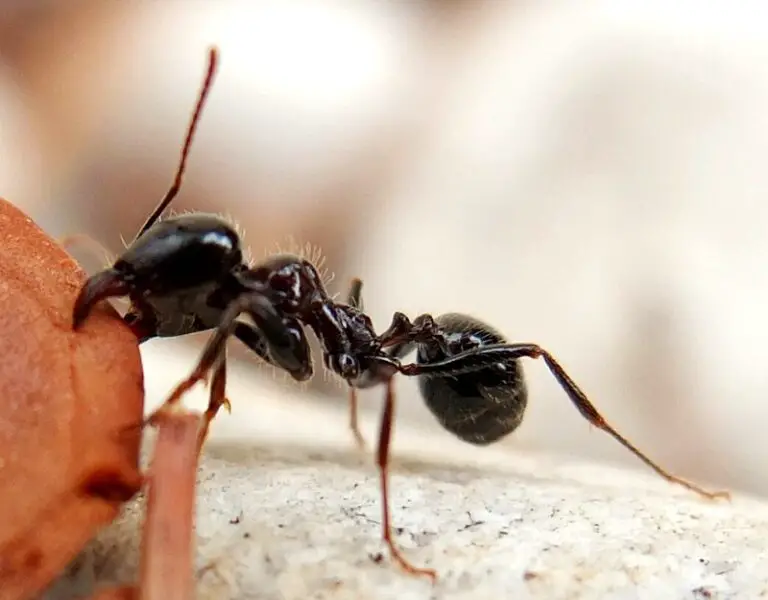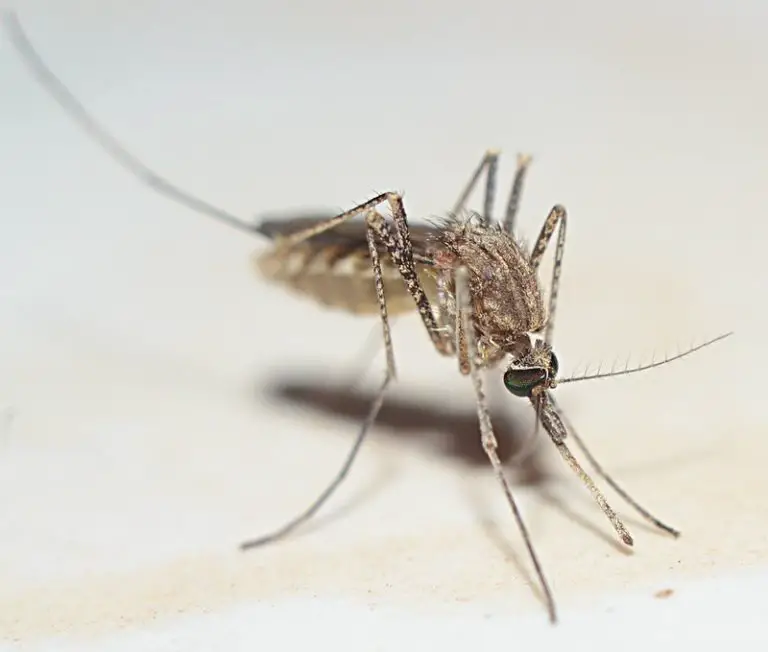Do Mosquitoes Poop or Pee? You’ll be Surprised by the Answer
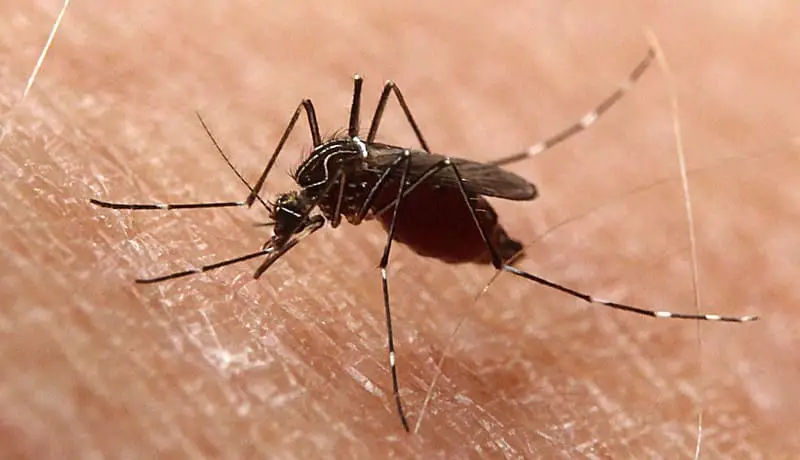
Every time I have to write a topic about mosquitoes I feel like Mary Shelley writing Frankenstein, yes, these little flying insects are real monsters.
Not only do they transmit diseases and are very annoying, but they also urinate and defecate while they bite us.
Do mosquitoes poop or pee?
Because they are small, insects such as mosquitoes have a high ratio of surface area to volume and in order to survive in dry environments have developed several adaptations to conserve water.
One of these is their excretory system. Instead of kidneys, insects use a network of tubes called “Malpigio’s tubules”.
These take the excess nitrogen from the digestive protein and turn it into a paste of uric acid. This goes into the rectum, where it mixes with the undigestible part of the insect’s diet.
Any trace of water is reabsorbed by the rectum and what is left is virtually a dry ball.
However, nectar-feeding mosquitoes consume more water than they need and do expel the excess. But it is debatable whether that counts as urine, as they only have one hole to excrete: technically it is more like diarrhea.
Female mosquitoes remove excess water from the blood. While the female mosquito is sucking the blood, she disposes of the excess blood from behind.
It is as if she is squeezing it to get the most nutrients for her eggs.
The National Geographic magazine reports that on average these insects can spend about four minutes sucking on our liquid. They suck so hard that the blood vessels start to collapse.
Some of the blood vessels break and spread the blood around; and when this happens, the mosquito takes the opportunity to drink directly from the well it created.
What do mosquitoes eat?
The mosquitoes normally feed on nectar and fruit juices. For this reason, the mouths of females are different from those of males. This one has a hard proboscis (the beak). There are species that have a preference for certain animals (including man), so they only bite these and not any other.
There are thousands of living species on the planet with blood and some mosquitoes only choose to suck humans? lucky us…
But there are also those that are undemanding and bite everything that has blood.
About 3500 different mosquito species are in existence around the world, and they can be found in practically all locations.
But not all of mosquitoes see blood as a good source of food. While both male and female mosquitoes nourish themselves with plant nectar and sap as part of their nutrition, for egg production, only female mosquitoes need blood.
This blood intake is necessary for the females to continue with the cycle since without it they are not fertile.
Mosquito feeding and excretion process
The proboscis of the mosquito is formed by a kind of lip in the form of a channel, which contains six needles.
Two of them (serrated jaws) have a very sharp serrated structure, which serves to pierce the skin like a saw, without us noticing. Another two act as jaws and have the function of separating the tissues from the skin while the female “works” to find a blood vessel.
Once it has managed to introduce the labro into the bloodstream, the blood fills the insect’s abdomen, which is able to filter the red cells from the plasma and get rid of the water by excreting it, thus leaving more space to store nutrients from the blood in the abdomen, which it needs to produce its eggs.
A further degree of sophistication is the sixth needle, the hypopharynx, which inoculates saliva into the bloodstream. The saliva of the mosquito contains, among other substances, anticoagulants that make the blood flow more easily, and intake can be faster.
These substances are apparently responsible for the itching sensation on the skin that appears after the bite.
Do mosquitoes fart?
Given the fact that the mosquito has a very small excretory system, but it does and can excrete, one could say that the mosquito can fart.
It has been proven that the most common gases in insects are methane and hydrogen, although in the case of the mosquito it would be practically imperceptible and very unlikely that it could accumulate a large volume of gases in its tiny body.

